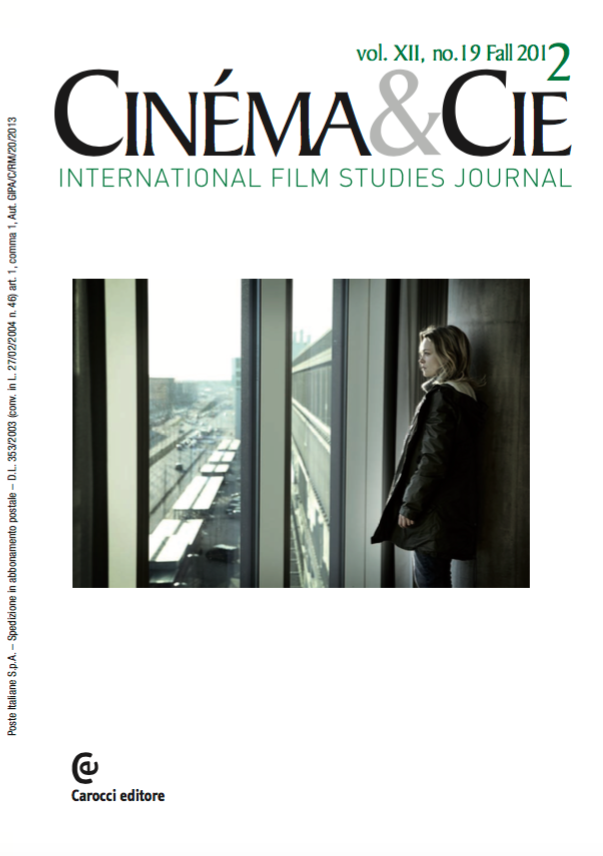Imitation, Borrowing, Recycling. American Models and Polish Domestic Drama
Abstract
The history of post-1989 Polish serialized fiction falls into two periods. The first, from the 1990s to the mid-2000s, was characterized by heavy American imports. The second, from the mid-2000s up to 2012, is characterized by the gradual disappearance of American productions from the prime time schedules of Polish terrestrial broadcasters, as they turned to domestic products. Despite an increasing self-sufficiency in generating original television fiction content and the erosion of the hegemony of American imports on Poland’s TV screens, American programming still plays an important role in shaping Poland’s television industry and the fiction programming it produces. This article explores the impact of American programming on the Polish television market in terms of genres of domestic fiction, their narrative conventions and aesthetic qualities. American television, however, is not just mechanically transplanted, as Polish producers adjust foreign ideas to local structures of feeling. The genres that Polish broadcasters produce, as well as the narrative strategies and aesthetic canons of the domestic show, become a site of negotiation between the American influence and the domestic Politsh televisual culture. This article not only explores the myriad ways in which Poland’s television professionals borrow iconic elements of American television culture and its programming ideas, but it also illuminates how those foreign elements are transformed into the Polish context.






